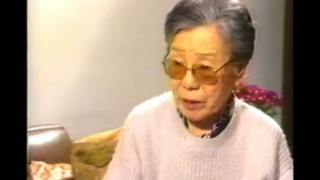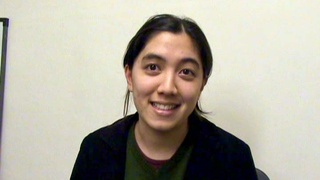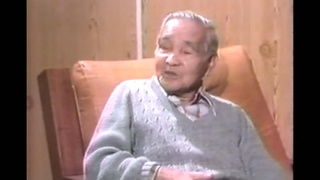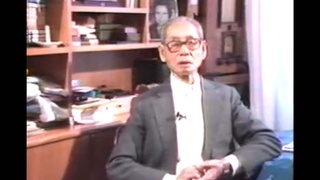Interviews
Center for Japanese American Studies in community
The reason I got involved was we had this Center for Japanese American Studies that we created in the community, because we knew that in Ethnic Studies, we couldn’t do everything we wanted to do because we’re tied into the system, where education comes in 3 unit modules 3 times a week in terms of a certain framework.
So we started, when Nancy and I were with this together, Center for Japanese American Studies in the community. We rented, or leased, buildings and a church. And we started Japanese language classes, conversational classes, ESL classes for the Issei who wanted to learn English. And then we had monthly forum, and we did what we thought needed to be done to understand Japanese American life. And we didn’t have to pass it through any bureaucracy. And we were thinking of putting in for grants and everything like that, and that’s why we had titled Center for Japanese American Studies. But we decided we’re just going to take membership fees and do everything by our own hook.
Date: January 7, 2004
Location: California, US
Interviewer: Art Hansen
Contributed by: Watase Media Arts Center, Japanese American National Museum.













